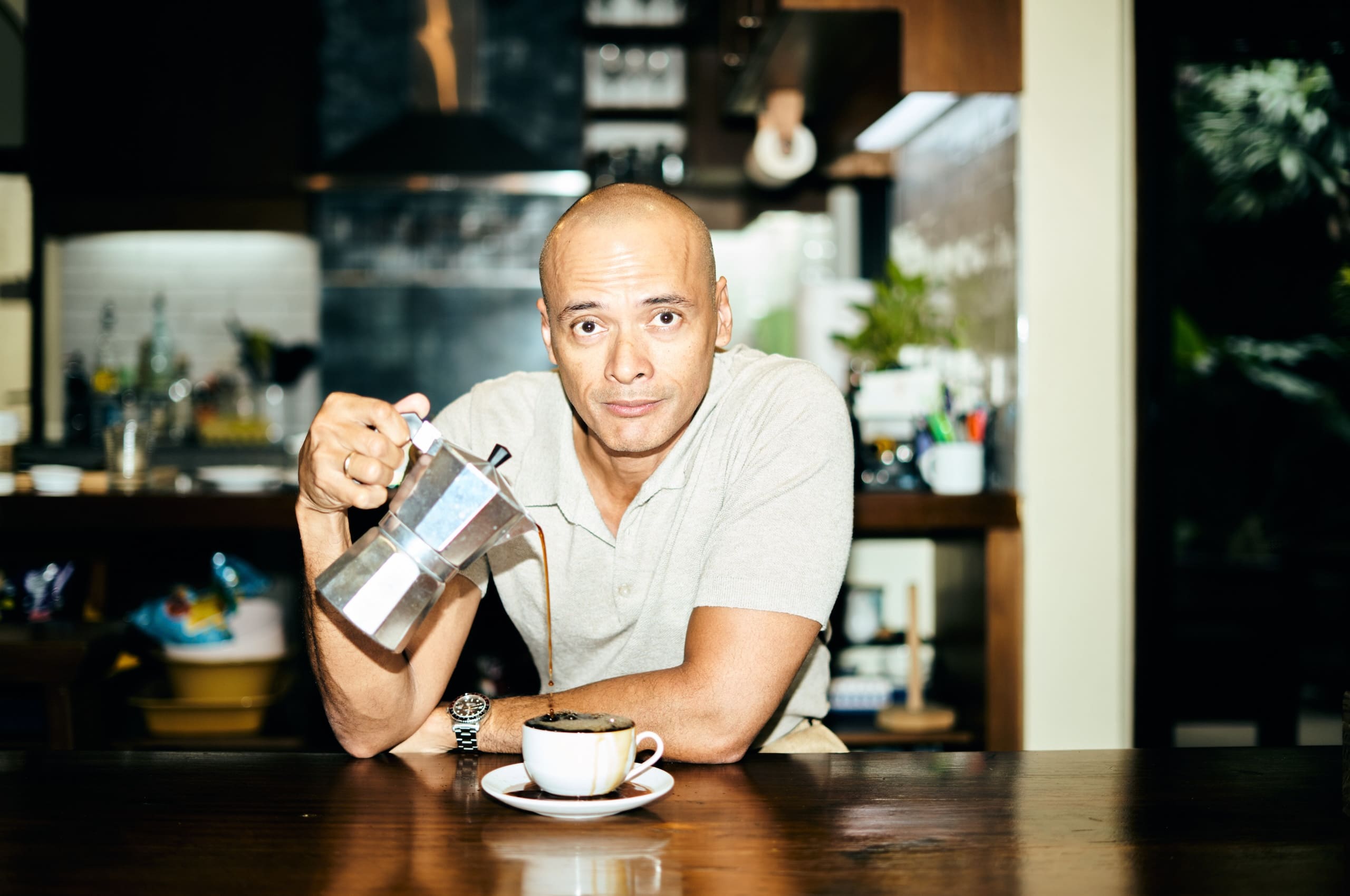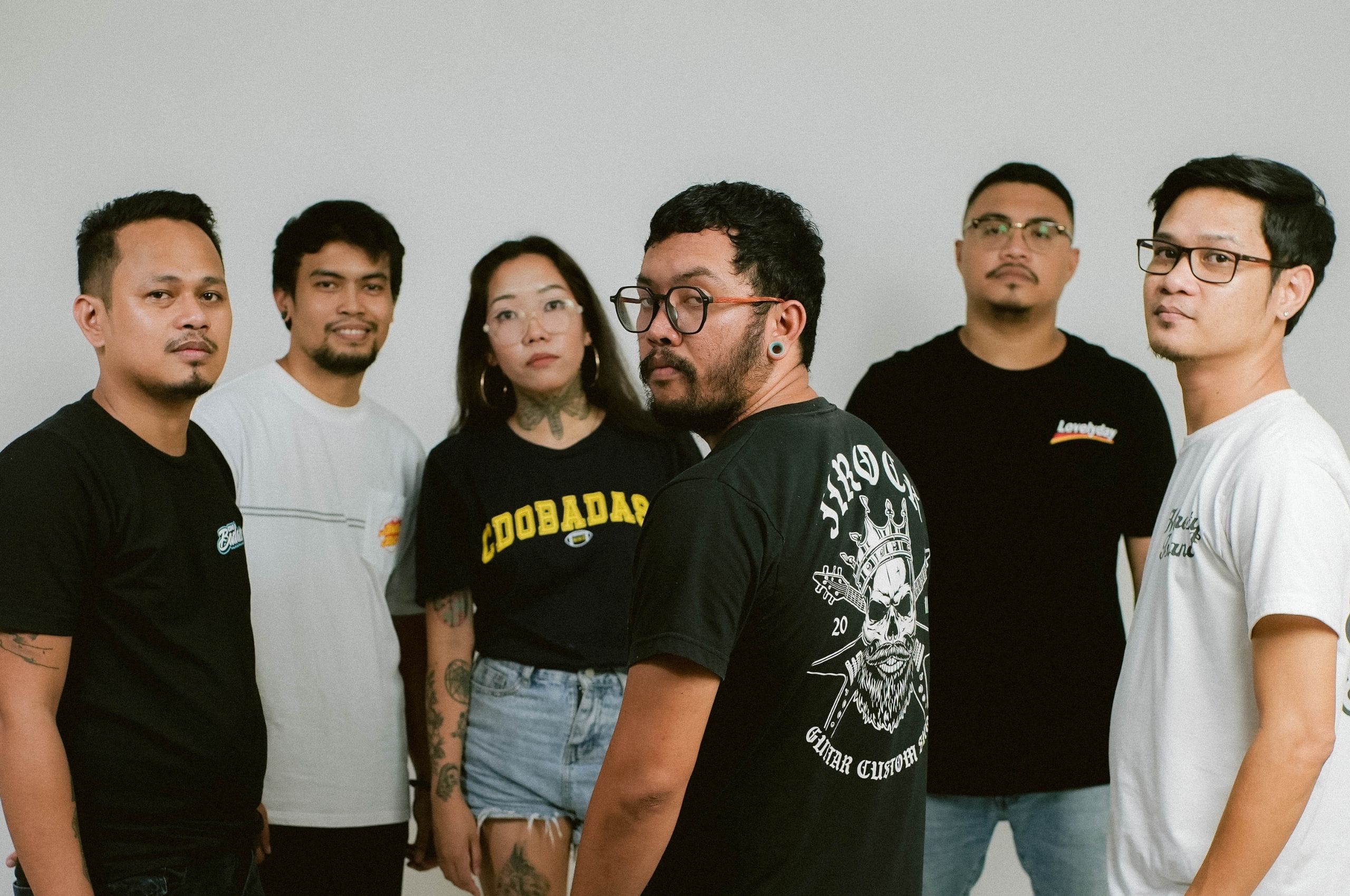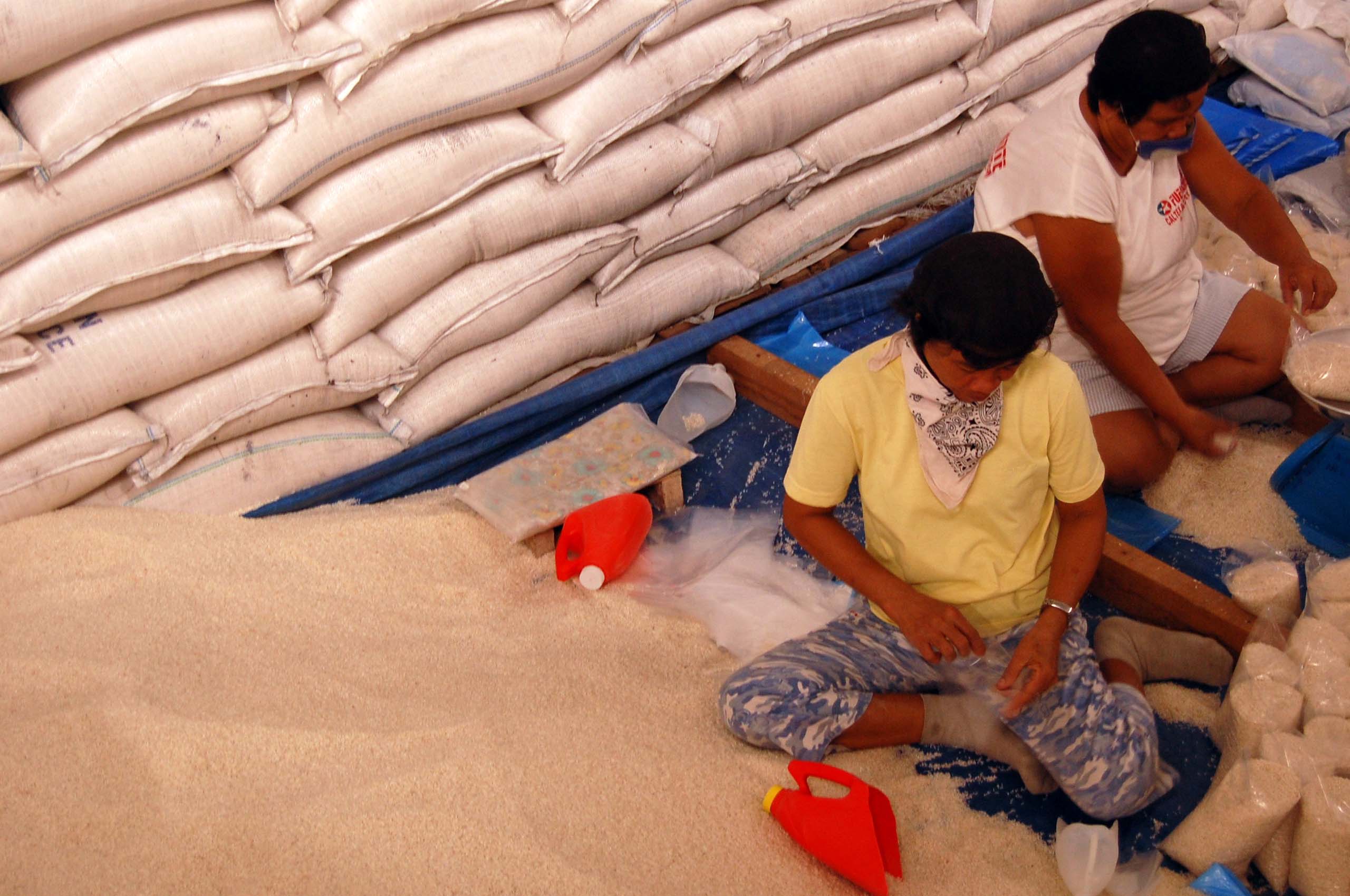Paolo Abrera won’t argue with biology. As the topic led to ideas of manhood and masculinity, there are just some things that come natural to the male species biologically speaking.
“There are biological things that you can’t argue about. We’re the larger and physically stronger of the species. If there was a heavier object to lift, you would be the one to lift it. If a wild animal came to eat the family, we would be the protector,” he says. But as he’s done all his life, Abrera considers everything, especially as labels and boundaries become more and more amorphous.
“Maybe not everybody will have the capacity to evolve. And I’m assuming evolving means being less toxic. I think traditional masculinity certainly has its place and its use. But to be stuck in traditional roles and traditional expectations and societal constructs of what a man should be… it’s not particularly evolved, and it’s not particularly civilized.”
Abrera has depicted an ever-evolving state of manhood throughout the decades. Quite famously, he portrayed the easy going bachelor, complete with a leather jacket driving a topdown, in a classic 1995 San Miguel ad. And while the many shows he’s hosted and produced — such as his sports and fitness program, Game Plan, and Rev, a local auto show — may at first seem catered solely to a male audience, the breadth of Abrera’s work goes deeper to find the stories that make these interests resonate with so many.
It’s that same perspective that led him to The Gentleman’s Field Guide, his new platform that focuses on the craft of things and understanding the work behind some of the most sought-after and coveted items and experiences. In this interview, Abrera shares his takes on style, luxury, and the lessons he’s learned throughout his life and career.
Fatherhood
“I think fatherhood and the parallels to manhood, and masculinity in general, that’s an ever evolving thing. You’re always careful nowadays on how you label these things and how you put them into boxes given the climate of how things are discussed today. I always feel a certain sense of a need to be like “Am I being sensitive enough to the new sensibilities of how these subjects are tackled?” That’s the natural progress of any man from boyhood to manhood to fatherhood. I don’t think it’s a simple thing to define. It’s fair to say that it changes, it evolves. And certainly isn’t going to be the same for everybody.”
Growing Up in a Matriarchy
“I grew up in a very matriarchal setup, where my mother was, for lack of a better term, the more dominant figure. She was driven as far as her professional career went, and she certainly saw more success in the traditional measure. I lost my father 21 years ago. He was a civilized man, a very gentle man, and a kind man. I didn’t see him feel a need to press or to fulfill what was a traditional role of a father, to be the more dominant figure in a household.”
On Loss
“We (men) are not very good at expressing what we’re feeling, are we? And I don’t know if that’s some sort of biological thing or the great cliche that men don’t express as well as women, that reinforces the traditional expectation of men just sucking it up and being stoic.”
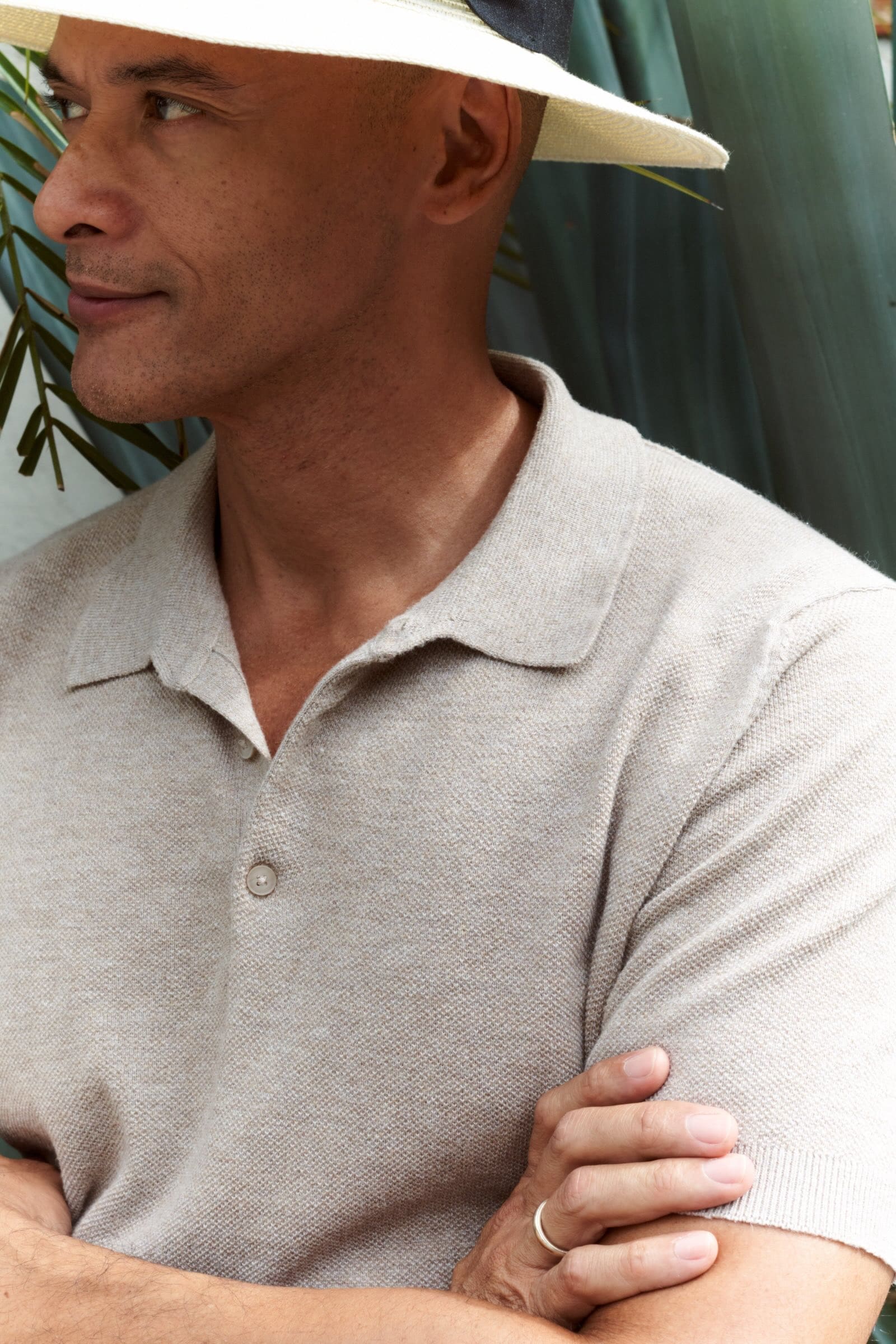
Being Tough
“My grandfather was an Italian who immigrated to the Philippines and married my grandmother not too long before the war and then the war caught them here. And of course, being a foreigner, he was rounded up and sent to a concentration camp. He was a big guy, a giant of a man. I was three or four when he passed away but through the second-hand stories and photos of him, I have this great affinity for that era, that pre-war, post-war era.
I just feel like we’re soft nowadays. People were tough back then. People lived through tougher, harder things. So when you talk about dealing with grief, dealing with loss, can you imagine what they went through during that period? Everybody lost somebody every day. You had a beautiful house and a bomb fell on it, and the next day you didn’t. And if your family was in there, one day they were there and the next day they weren’t. You stood by helpless in a concentration camp while your family was put through hardship.
How much grit do you have to have, does a man have to have, does a person have to have? I think we have it easy. I feel lesser than my father, and I feel lesser than my grandfather more so. I just feel like, as the generations move forward, we just don’t have the same fight in us.”
Letting Go
“In challenging times, or in times of feeling like the chips are down and I don’t have anybody on my side, I get out and do something completely unrelated to what the situation is. Oftentimes, that’s getting on my bike. Just being on a two-wheel thing, where you have to be actively involved in keeping it upright. You have to be scanning the road for what will get in your way. If you’re looking for a real practice to do? Yeah, strap on your helmet and get on your bike. Feel the wind in your face. Be in a place where you need total concentration, where you can’t afford to get in your head.”
On Aging
“My routine has changed. In my 20s and 30s it was a sprint. It’s about going as hard as you can, as fast as you can, making it to the top of that hill or that mountain in the quickest time possible, And then in middle ages, as I’m coming into my mid 50s, you realize, oh, it’s, a marathon. There’s quite a bit more distance to cover. I’ve had to acknowledge the need to slow down a little bit, the need to listen to what my joints are telling me, what my body’s telling me. But it’s certainly not telling me to fucking take a break on the couch. The more you do that, the worse you’re going to be.”
Loss of His Youth
“I was trying to put my finger on what it was I was feeling and what was bearing on myself, on my soul. I finally started to put a label to it. I said, “Oh, I’m in mourning.” I’m mourning the loss of my youth, the loss of possibility.
In your 20s and your 30s, you think of climbing Mount Everest. You could train to do that. It’s still certainly physically possible. You’ve got the time, You’ve got the body and ability to do it. But that narrows and narrows and narrows and narrows. While I subscribe to the idea that you can be anything you want to be and not put a cap on what you can achieve, let’s just get real with what reality is telling you.”
Peace of Mind
“I catch myself being the cranky old man. It’s not a pretty sight when I catch myself, and I’m glad that I have some consciousness to catch myself. You must be able to acknowledge who you are, where you’re at, what you stand for, what you believe in, and stick to those things. I think for middle-aged men, at this point in your life, you should have those things figured out. They change, they evolve, but I think you should have a clear base to stand on.”
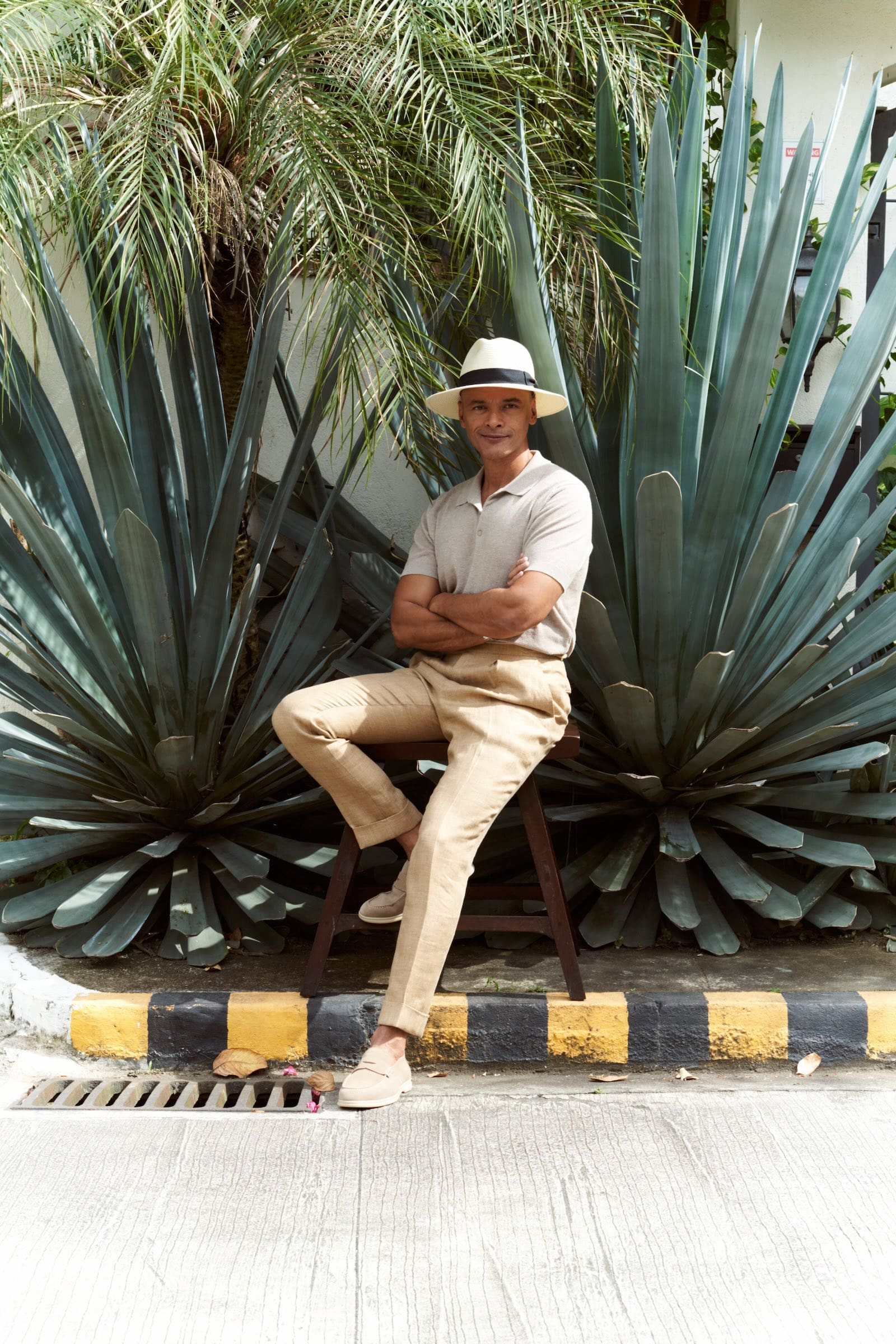
Starting ‘The Gentleman’s Field Guide’
“At this point in my life, these are the things that interest me. At this point in my life, with the experience I have that I think gives me a better appreciation for things, my love for crafting things, and things that are well crafted, I want to know more about them. Like why a vintage watch in this era trumps this watch that tells better time. These vessels hold so much story. As far as Gentleman’s Field Guide, it’s savoring life, savoring experiences, savoring good things. Squeeze every bit of life and juice out of it.”
On Luxury
“I’m not an expert by any means but I’m at a point where I’m open to appreciate the why. Like why expensive things are expensive. And I want to make that distinction clear, that expensive things and tasteful things are, you know, they’re not mutually exclusive to each other.”
On Authenticity
“There are things that just have more gravity, have more weight, have more pull, I think that that’s interesting to learn why that is. It’s hard to put your finger on it. It’s not just a question of how old the object or the story is that makes it authentic. It’s not a question of what language that story was told in that makes it more authentic. Perhaps that could very well be the reason why I am where I am now, and why I have the interest to try and find why that is and what authenticity really means.”
